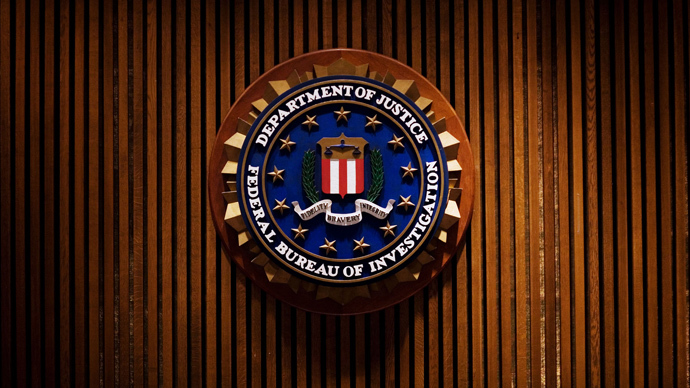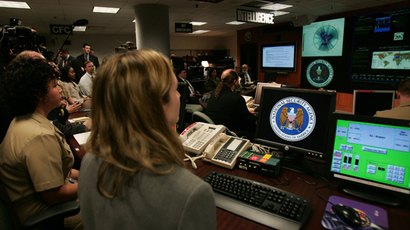Ex-FBI counsel implicated in surveillance abuses nominated to crucial federal bench

The former top lawyer at the FBI deeply implicated in surveillance abuses revealed before and by Edward Snowden’s leaks was confirmed as a federal judge in a top court for terrorism cases this week.
The US Senate voted 73-24 on Monday in approving Valerie Caproni,
Federal Bureau of Investigation general counsel from 2003 to
2011, to the Southern District of New York, one of the country's
most important federal courts for terrorism cases.
Caproni has received bipartisan criticism for allowing and
defending surveillance abuses both found to be overbroad during
her tenure and those not disclosed when she was counsel but later
revealed to be inappropriate or illegal. For example, the Snowden
leaks showed Caproni mischaracterized the limits of the Patriot
Act during her term.
A 2010 report by the Department of Justice revealed the FBI
inappropriately used non-judicial subpoenas called “exigent
letters” to gather phone numbers of over 5,550 Americans until
2006.
"The FBI broke the law on telephone records privacy and the
general counsel's office, headed by Valerie Caproni, sanctioned
it and must face consequences," said John Conyers in April
2010 as chairman of the House Judiciary Committee.
Conyers called for Caproni’s firing at the time over the use of
the non-judicial subpoenas, according to the Guardian.
"It's not in the Patriot Act. It never has been. And its use,
perhaps coincidentally, began in the same month that Ms Valerie
Caproni began her work as general counsel," Conyers said in
2010.
Caproni told House lawmakers in 2008 if phone numbers -- acquired
from telephone companies by the FBI via the non-judicial
subpoenas evidently sanctioned in the Patriot Act -- were not
related to a "currently open investigation, and there was no
emergency at the time we received the records, the records are
removed from our files and destroyed.”
Yet revelations found in documents supplied by Snowden outlined
how the National Security Agency stores phone records on all
Americans for up five years no matter if they are associated with
an open investigation or not. In addition, it’s been found that
the NSA has the capability to feed the FBI phone records if there
is a "reasonable articulable suspicion" they are related
to terrorism.
"Caproni knew that the Bush administration could use or was
using the Section 215 provision in the Patriot Act to obtain
Americans' phone records on a broad scale, an issue that has
recently been documented by the whistleblower material first
printed in the Guardian," Lisa Graves, a former deputy
assistant attorney general who dealt with Caproni while working
on national security issues for the ACLU, told the Guardian.
In 2007, DOJ’s Inspector General Glenn Fine found the FBI was
serially abusing National Security Letters -- a demand regarding
national security independent of legal subpoenas-- to
obtain business records, including "unauthorized collection of
telephone or internet email transactional records.” While the
larger collection of phone records was still not exposed at the
time, Caproni called the inappropriate collection a “colossal
failure on our part.”
"Government officials that secretly approved of overbroad
surveillance programs the public is only seeing now because of
leaks, and whose testimony on the issue obscured rather than
revealed these abuses, should be held to account for their
actions in a public forum," former FBI agent Mike German told
the Guardian.
Caproni’s nomination to the federal bench had some bipartisan
opposition, but not enough to block her appointment.
"She is a woman with impeccable credentials," Sen. Kirsten
Gillibrand (D-N.Y.) said on the Senate floor Monday. "This
country needs more women like her."














